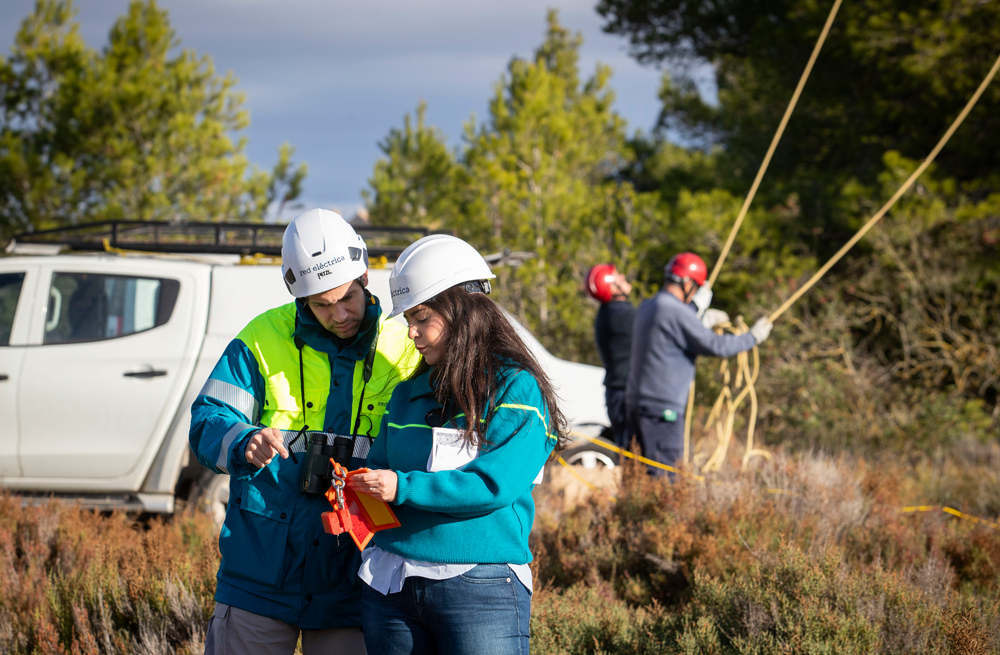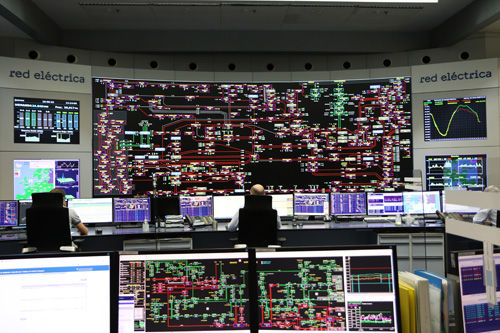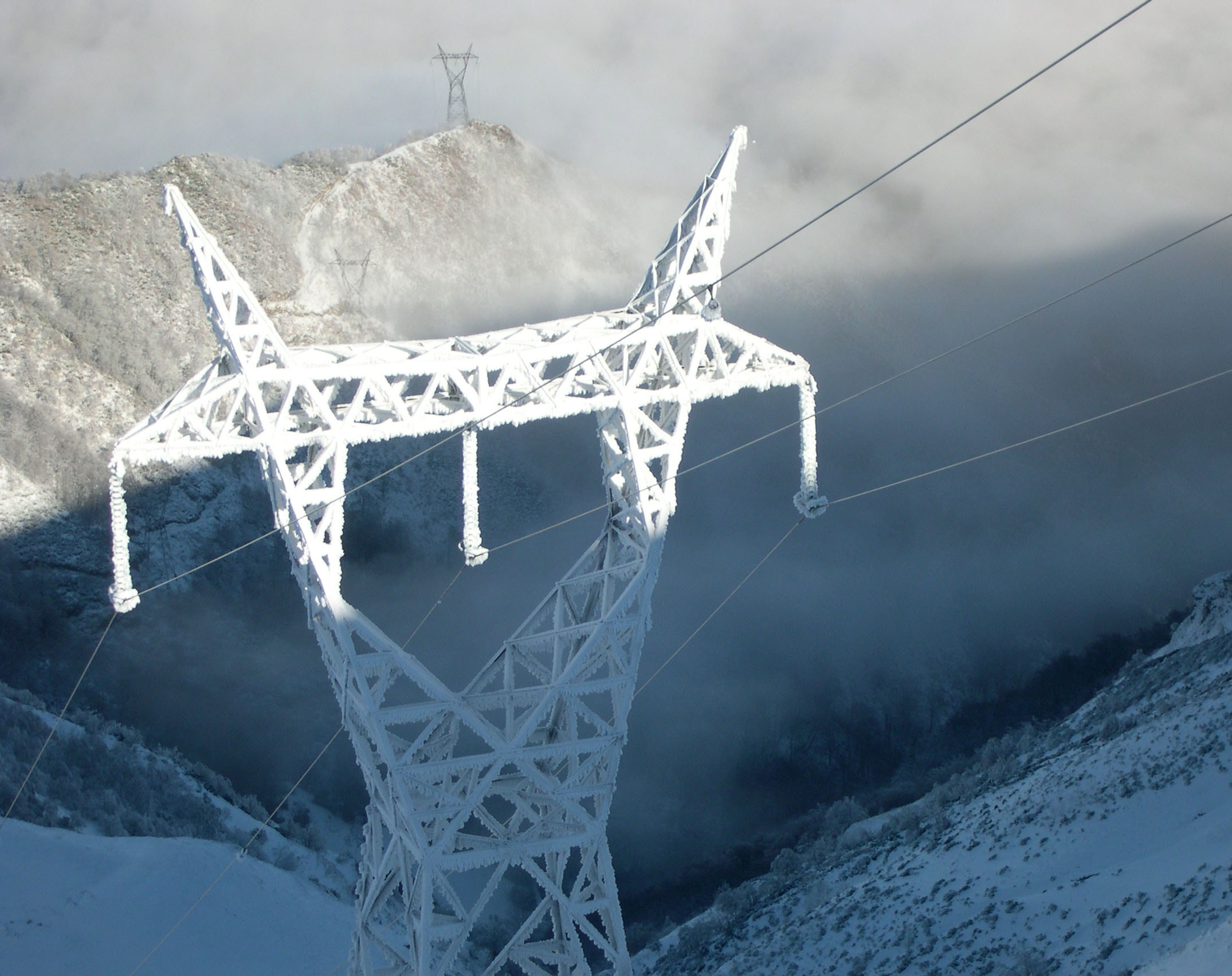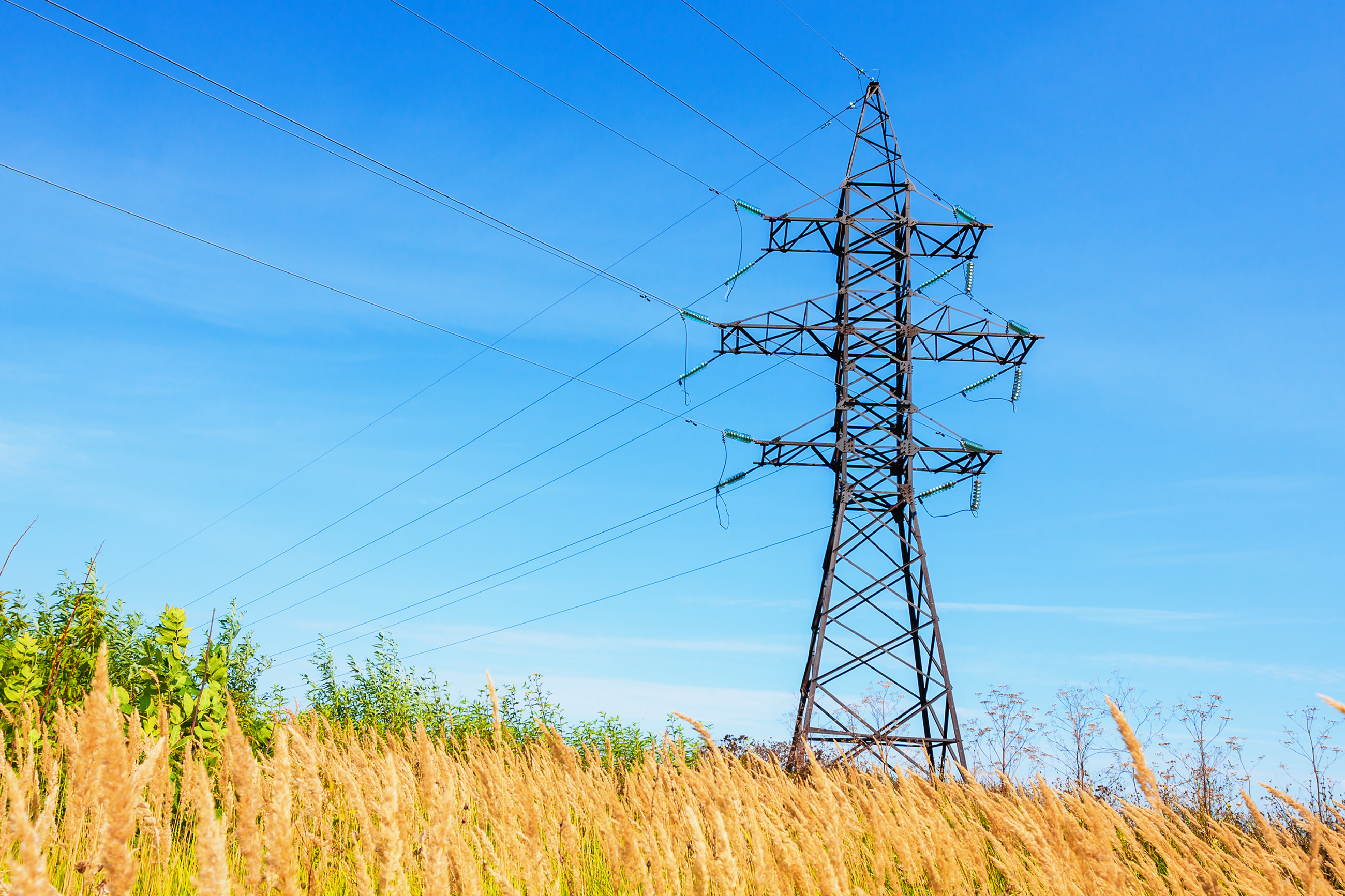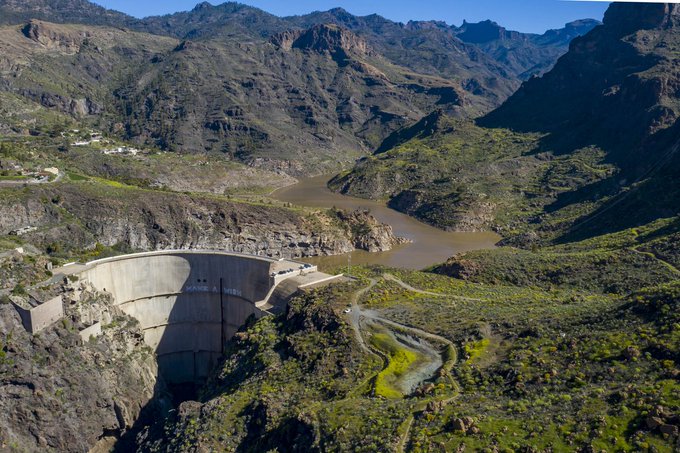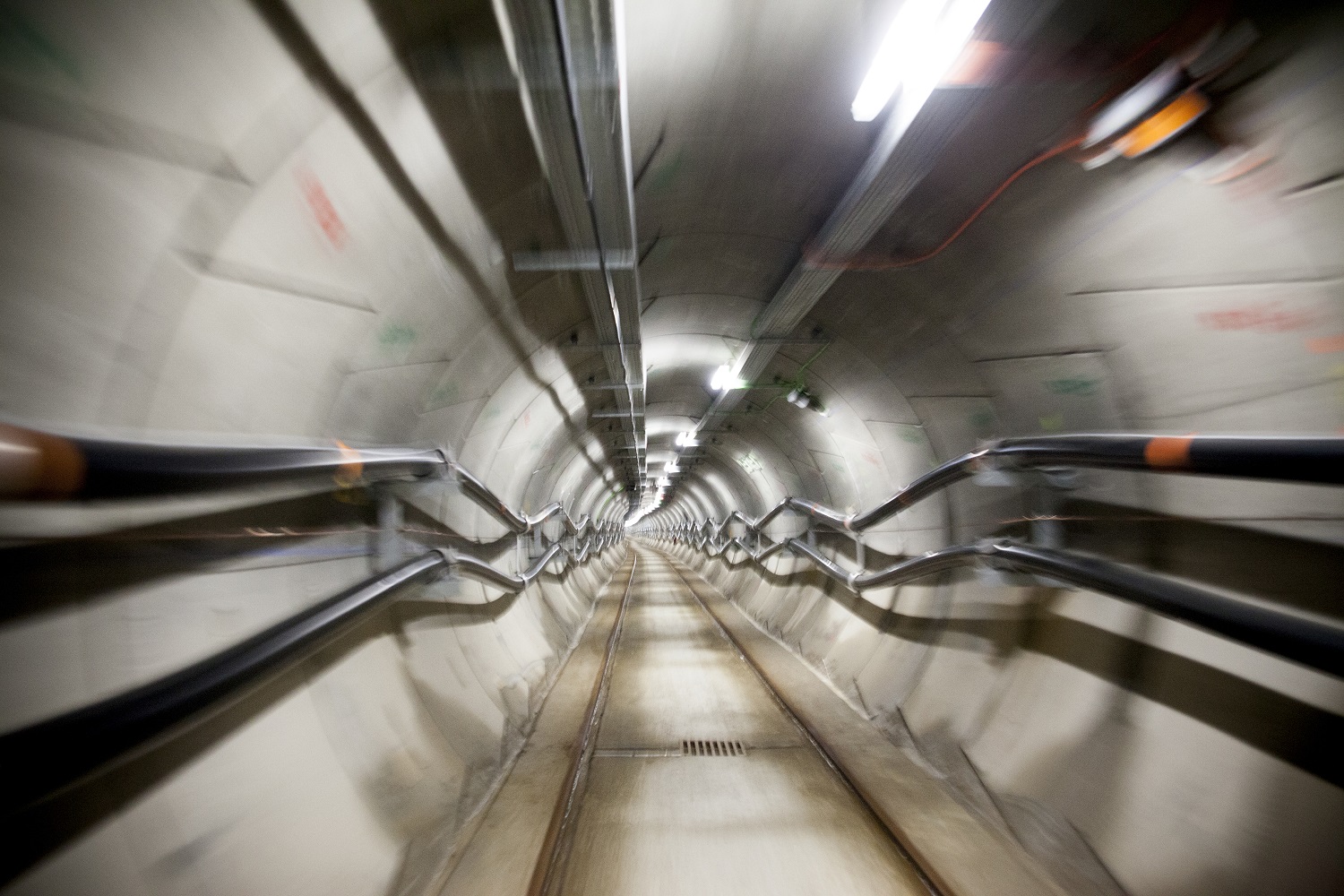Discover what Red Eléctrica is, what we do, and why we are the backbone of the electricity system in Spain and the ecological transition.
José Folgado advocates for the development of electricity infrastructures as a basis for employment and economic growth
The Chairman of Red Eléctrica de España, José Folgado, today took part the breakfast organised by the "Cercle de Infraestructures" and the Girona Chamber of Commerce where he defended the role that the electricity infrastructures have as driver for the economy and their importance for future economic growth.
During his speech entitled "Infrastructures: a strategy for sustainable growth," Mr. Folgado stated that infrastructures are an "essential element for regional balance but also and above all, significantly contribute to increased competitiveness, economic growth, employment and sustainable development".
In the opinion of Mr. Folgado it is hard to imagine a modern and competitive society without essential transportation, energy and telecommunications infrastructures that are up-to-date and developed and that are consistent with the requirements and demands of a society which is ever more dependent on these facilities.
The Chairman of Red Eléctrica recalled the important infrastructure investment efforts made by Spain in recent years that have placed us, in many cases, ahead of our neighbouring countries. Red Eléctrica has played an active part in this effort with an investment in 2011 of 819 million euros, a record for the company, and also the commissioning of 1,738 kilometres of new lines and 247 new substation bays. Amongst these investments noteworthy is the submarine link between the Spanish Peninsula and the Balearic Islands, due to its technical complexity and strategic value to the system.
This means that today the country has one of the best equipped and operated electricity transmission grids in the world. The 36,000 kilometres of existing 400 and 220 kV form a meshed transmission grid that ensures the electricity supply despite the major challenges that the massive integration of renewable energy poses to the transmission and system operator each day.
"Still", acknowledged José Folgado, "the greatest weakness of our grid continues to be the limited interconnection capacity of the Spanish Peninsula with the rest of the European electricity system". In this regard, the new interconnection with France that is being built in the province of Girona will allow the current exchange capacity to increase from 3% to 6%, although still a long way the 10% recommended by the European Union.
The new link will ensure security of supply in the most deficient regions, such as Girona, which until now did not have a sufficiently developed meshed transmission grid. "The precarious situation of Girona has radically changed with the commissioning of new electricity installations -the Bescanó substation and the line connecting it to the Senmenat substation- and will change", stressed José Folgado, "even more when the stretch of line to Santa Llogaia is commissioned".
